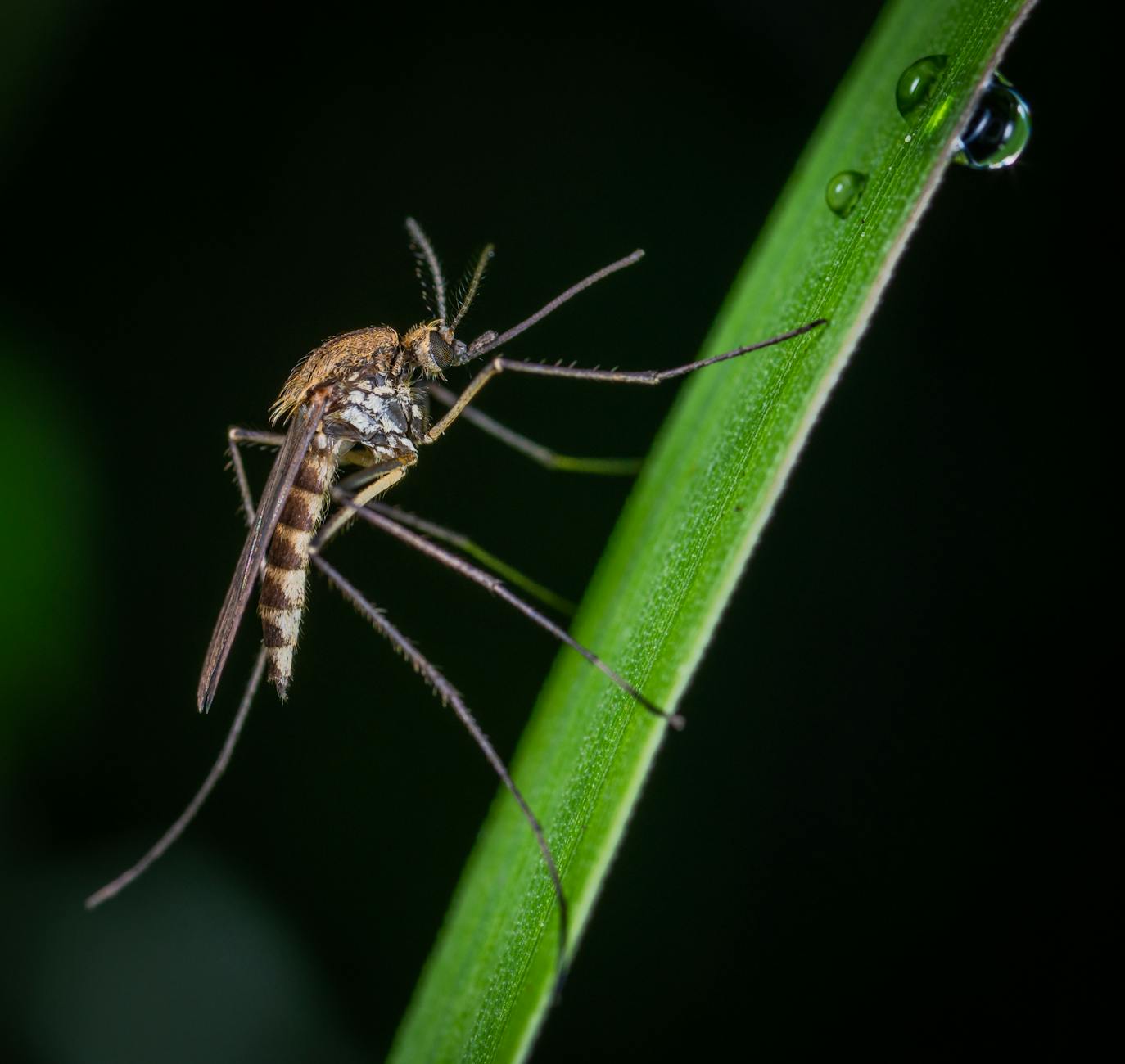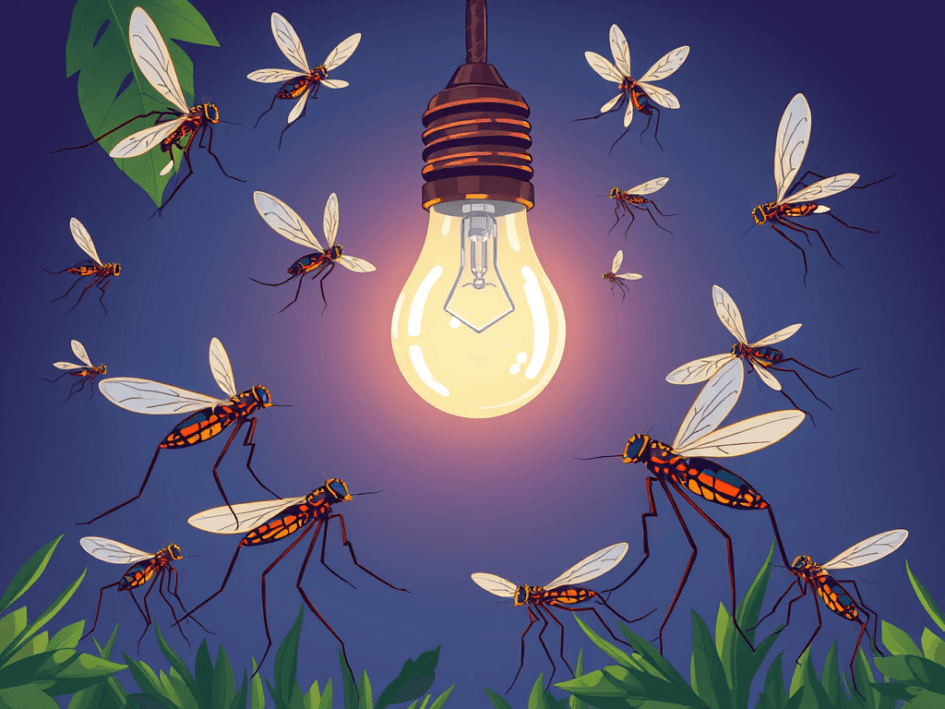I was only at the picnic bench for a half hour. But the short stint in the sweltering Atlanta heat took its toll: I spent the entire time swatting away bugs. The next day, as I scratched my mosquito bites, another itch was getting to me: with over thirty swollen red bumps on my legs, how likely was I to catch malaria?
Location, Location, Location

Georgia used to be a malaria hotspot. In the days before sanitation, pesticides, and antiparasitic drugs, mosquitoborne diseases like malaria ran rampant every summer. In fact, that’s why the CDC set up shop in Atlanta: it was the perfect hub to wage war against Southern mosquitoes.
Today, malaria is virtually nonexistent in the United States. About 2,000 people still get it each year, but they usually get it while visiting other countries.
So no matter how many mosquito bites I had, I probably wouldn’t catch malaria. But never say never: in the last few years, a handful of people have caught malaria in the United States. This has happened in Florida, Texas, Arkansas, and now possibly New Jersey.
Zika, Dengue, Chikungunya, Oh My!
Malaria is far from the only disease carried by mosquitoes. Some diseases, like yellow fever, aren’t present in U.S. mosquitoes. But American mosquitoes can carry other diseases, like West Nile virus and Eastern equine encephalitis. There have also been some outbreaks of diseases like Zika, dengue, and chikungunya in Florida, Hawaii, Texas, and the U.S. territories.
So while malaria wasn’t a concern, other diseases might be.
How Common Are Mosquitoborne Diseases in the United States?
Here are some fast stats:
- In 2024, about 1,800 people in the United States got West Nile virus.
- That year, about 20 people got Eastern equine encephalitis virus.

As you can see, these diseases aren’t very common in the United States. That’s because of public health! Good mosquito control practices, including proper drainage and sanitation (mosquitoes breed in standing water), have helped dramatically lower the number of people who get mosquitoborne diseases in the United States.
How Many Mosquitoes Carry Disease?
First, let’s look at the species that carry the diseases. In fact, most mosquito species don’t carry diseases. Of the over 3,500 mosquito species in the world, less than 1 in 10 species carry human diseases.
In the United States, there are more than 200 types of mosquitoes. Of these, only 12 carry human diseases.
But what percentage of individual mosquitoes are actually infected, regardless of species? After all, if you get a mosquito bite, it will probably be pretty hard to figure out which type bit you.
Someone smart did the math for West Nile virus: If you live in an area with the virus, 1 in 500 mosquitoes carry the disease. And if you’re bitten by an infected mosquito, you have a 1 in 300 chance of getting sick.
How Many Bites Does It Take to Get Sick?
Just one bite can spread malaria. Same with West Nile virus. And the more bites you get, the more likely you are to get sick.
Should I Worry?
In the United States, mosquitoborne diseases like malaria are fairly rare. But they are still serious. These diseases can cause permanent neurological damage and death. Why risk getting sick?
How to Protect Yourself From Mosquito Bites
There’s no way to tell if a random mosquito has a disease. Because of this, the best way to avoid getting sick is to avoid getting bitten at all.

- Use bug spray approved by the Environmental Protection Agency. It should contain DEET, picaridin, oil of lemon eucalyptus, or other proven ingredients.
- Wear long sleeves and pants.
- Put screens on your windows and doors.
- Get rid of sources of standing water, like birdbaths or empty flowerpots.
These simple steps not only help keep you healthy—but they also spare you from uncontrollable itching!
Alas, for me it was too late. I hadn’t worn bug spray, and as a result, I could not stop scratching (or thinking about malaria). While I didn’t get sick, I learned my lesson: next time, I’ll spray.
P.S. Cool resources
You can see whether mosquitoborne diseases have been reported in your county! Check out these helpful maps from CDC.
West Nile virus: https://www.cdc.gov/west-nile-virus/data-maps/current-year-data.html
Eastern equine encephalitis: https://www.cdc.gov/eastern-equine-encephalitis/data-maps/current-year-data.html
Also, this CDC page features a bot that can answer your questions about insect repellants: https://www.cdc.gov/mosquitoes/prevention/index.html
If you liked this article, check out:


Leave a Reply